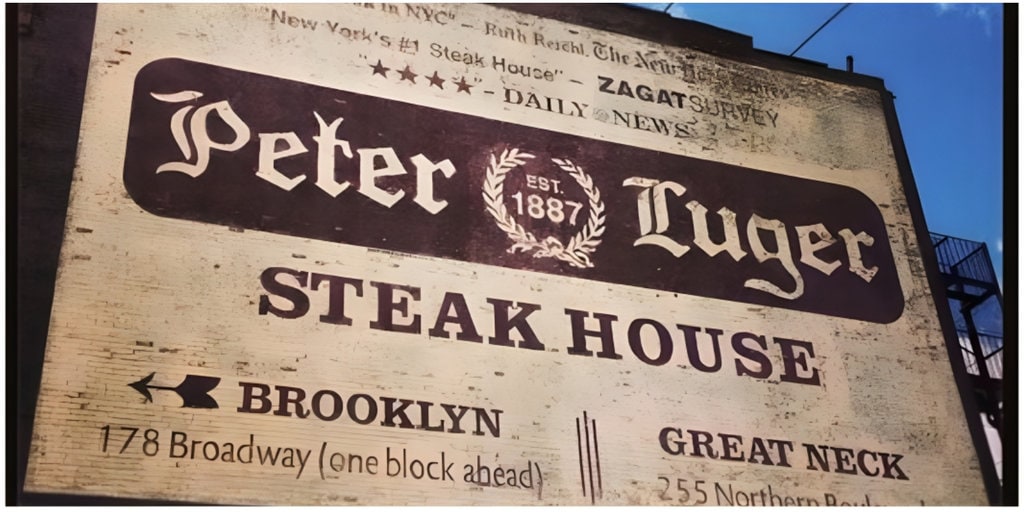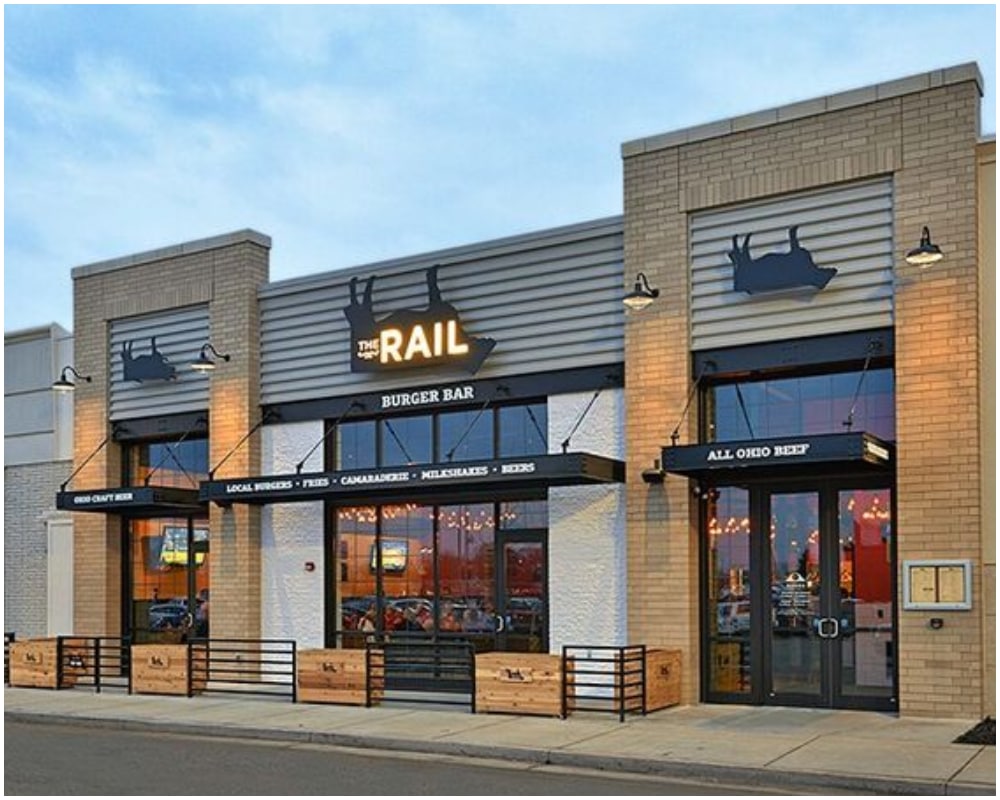Exploring Classic Restaurants Across the United States
Across the United States, culinary traditions run deep, and classic restaurants serve as time capsules of flavor, history, and culture. These establishments have stood the test of time, offering not just meals but experiences that transcend generations. From coast to coast, each state boasts its own iconic eateries that have become landmarks in their own right. In the heart of New York City, Peter Luger Steak House has been a staple since 1887, serving up some of the finest steaks in the country. Its old-world charm and signature porterhouse steak have made it a must-visit for locals and tourists alike. Meanwhile, in California, the French Laundry in Yountville stands as a beacon of haute cuisine, earning three Michelin stars for its innovative dishes and impeccable service.

Traveling south to Louisiana, Antoine’s Restaurant in New Orleans has been defining Creole cuisine since 1840. From its opulent dining rooms to its legendary Oysters Rockefeller, Antoine’s is a living testament to the city’s rich culinary heritage. Similarly, in Kentucky, the Brown Hotel in Louisville has been serving its famous Hot Brown sandwich since the 1920s, drawing visitors from far and wide to taste this iconic dish. As we journey westward, we encounter the timeless charm of the Palace Restaurant and Saloon in Prescott, Arizona. Established in 1877, this historic haunt offers a taste of the Wild West with its hearty fare and rustic ambiance. Meanwhile, in Oregon, Huber’s Café in Portland has been delighting diners with its signature Spanish coffee since 1879, making it the oldest restaurant in the city.
Preserving Culinary Heritage for Future Generations
Classic restaurants play a vital role in preserving culinary heritage for future generations. These institutions serve as guardians of traditional recipes, cooking techniques, and dining customs, ensuring that they are not lost to the sands of time. By celebrating the past while embracing the present, classic restaurants offer a sense of continuity in an ever-changing world.

In addition to their culinary significance, classic restaurants often hold cultural and historical importance within their communities. They serve as gathering places where locals come together to share meals, stories, and memories. Whether it’s a family reunion at a beloved diner or a romantic dinner at a historic inn, these establishments foster connections that transcend generations. Moreover, classic restaurants contribute to the economic vitality of their regions, attracting visitors from near and far who come to savor their renowned dishes. In doing so, they support local farmers, artisans, and producers, creating a ripple effect that benefits the entire community.
In an age of rapid globalization and culinary innovation, classic restaurants offer an increasingly rare sense of nostalgia and familiarity. As we celebrate these timeless institutions, let us recognize their role in preserving our culinary heritage and enriching our lives with their enduring flavors and traditions.